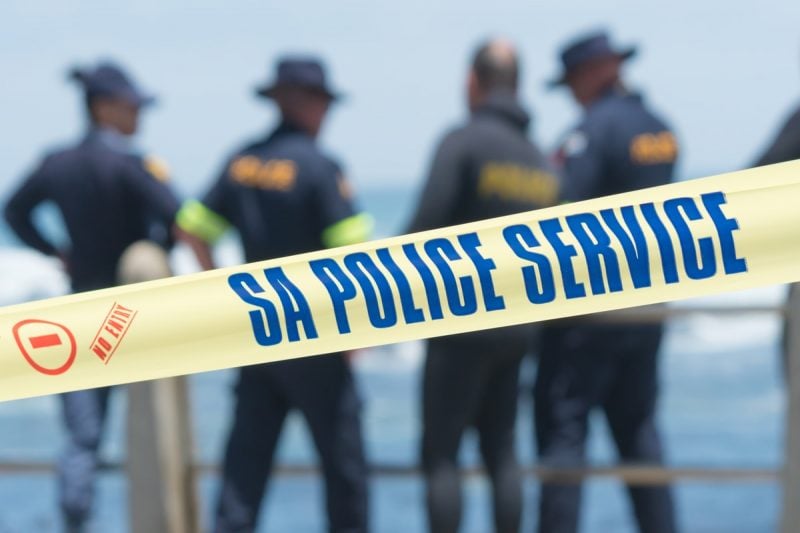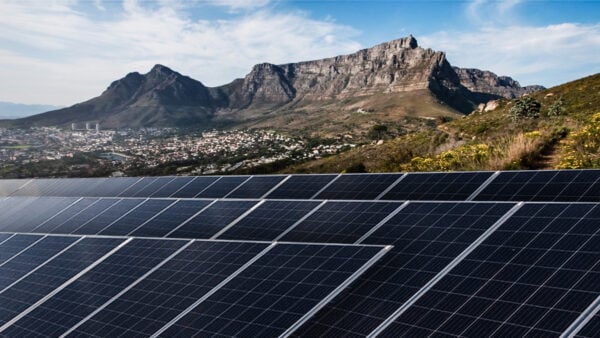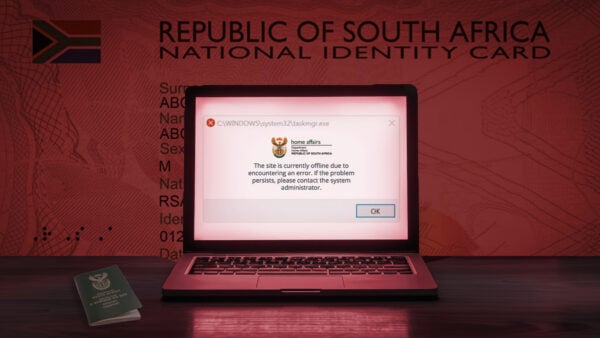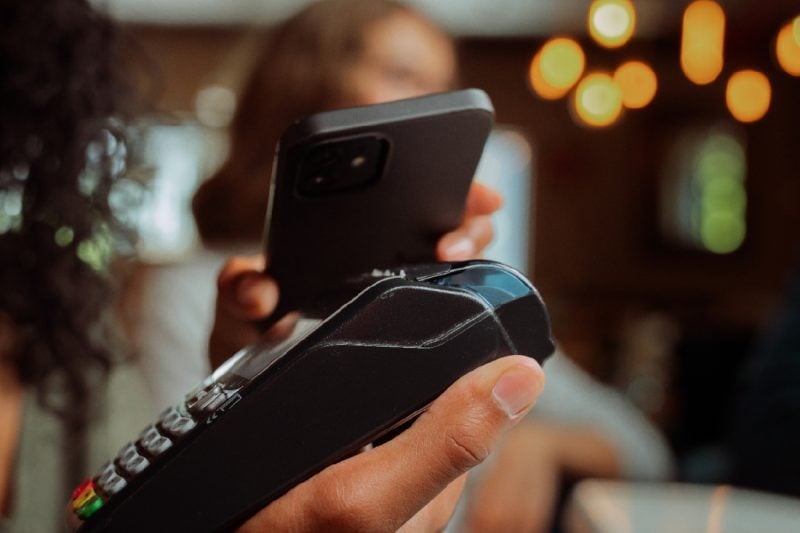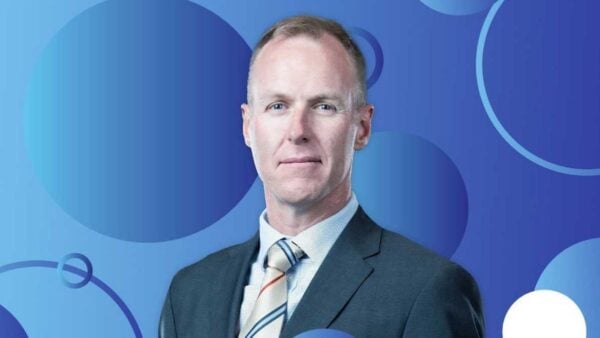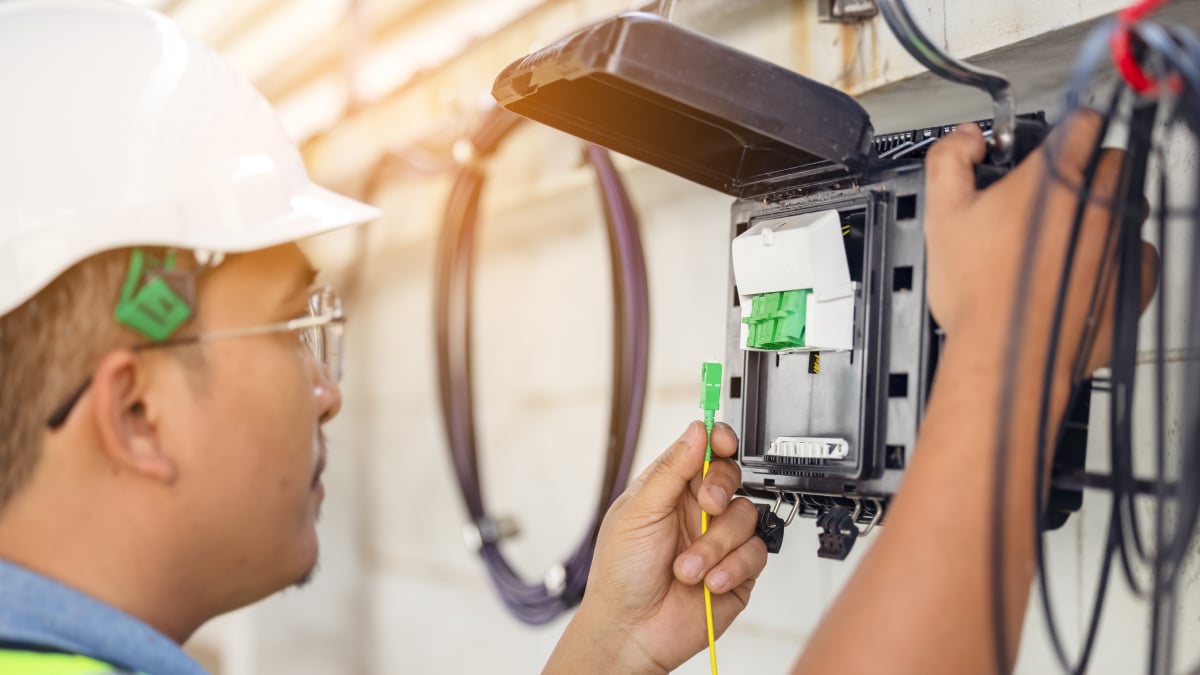Plans to launch free Wi-Fi at Joburg bus stations
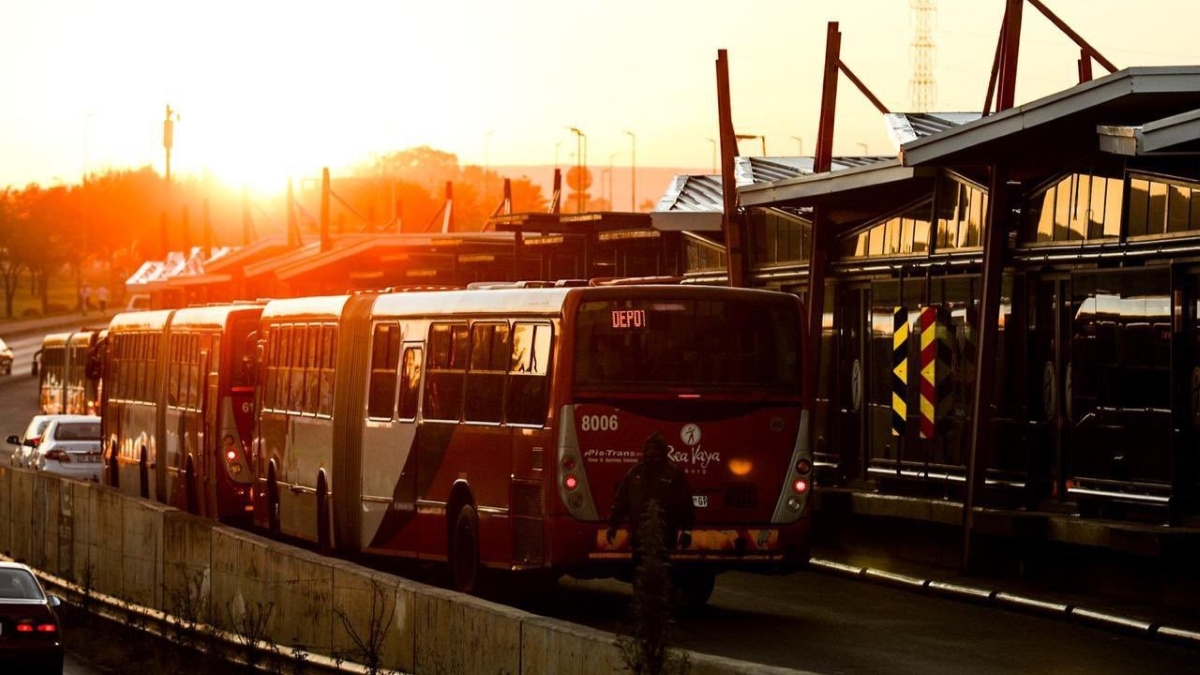
The City of Johannesburg has launched an initiative to provide free Wi-Fi access at Rea Vaya bus stations.
The Metropolitan Trading Company (MTC), which is in charge of Joburg’s broadband and ICT infrastructure, will oversee the rollout of the “high-speed Internet” project.
The project aims to allow commuters to maximise their time while waiting for buses, according to the MTC’s general manager of network operations, Neani Mulaudzi.
“Commuters can access emails, work remotely, or attend virtual meetings, effectively extending their workday,” Mulaudzi said.
“Passengers can also stream music, watch videos, or browse social media while waiting to board a bus.”
Mulaudzi also pointed out that students can use the service to learn, research, and access academic resources.
Transport MMC Kenny Kunene said the initiative is the beginning of Joburg’s goal of becoming a digitised, smart, and world-class African city.
However, due to the price of mobile data in South Africa, the MMC says that many people may not be able to afford Internet access while commuting.
“This intervention aims to assist residents with Internet access for communication, research, and other crucial services,” Kunene said.
“Wi-Fi for all passengers will enable them to continue and complete their work before reaching home, giving them more quality time with their families and loved ones.”
“By integrating free Wi-Fi into public transport infrastructure, MTC is not only improving accessibility but also encouraging economic participation and social inclusion,” he added.
The metropolitan municipality said the project’s rollout will be phased, and a formal launch will only be held upon full implementation.
This is not the first time the Rea Vaya has been factored into Joburg’s smart city ambitions.
In 2022, the city prioritised several technology projects and announced plans to invest R316.5 million to get them off the ground.
One of these was a medium-term investment of R260 million in an automated fare collection system for the Rea Vaya bus service.
Other parts of the project included R21.5 million for implementing an eHealth programme, R15 million for an Integrated Intelligence Operating Centre, and R20 million for fire detection and suppression equipment at major substations over the medium term.
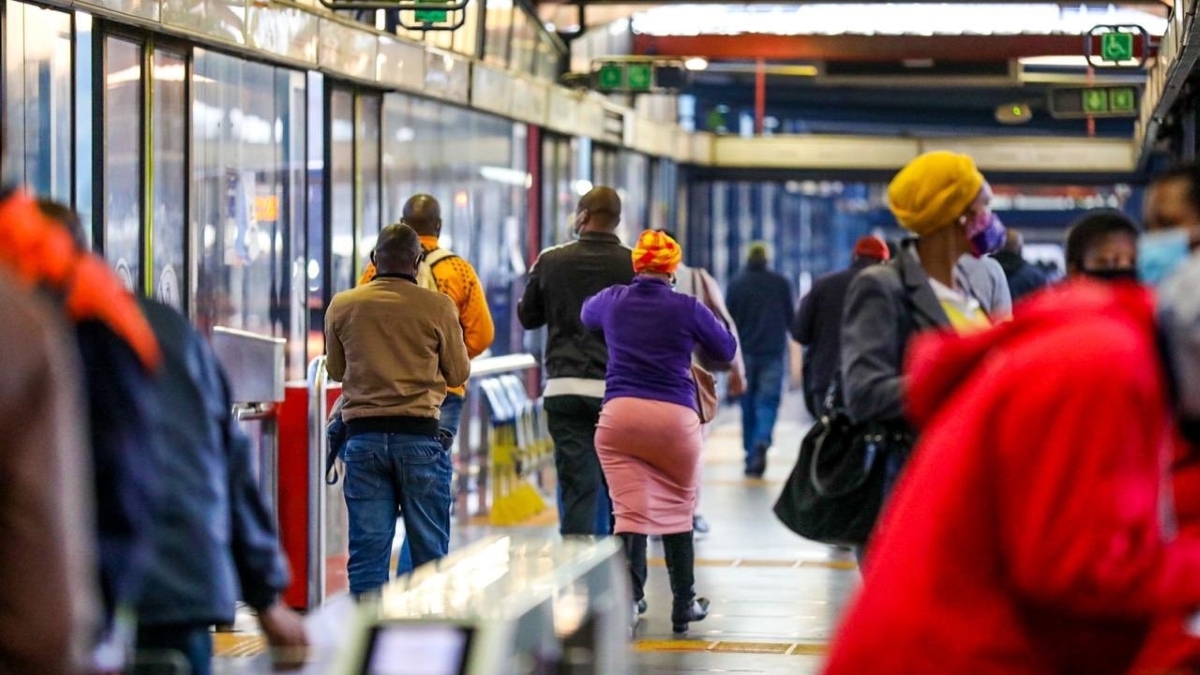
Previous attempts at free broadband networks
Numerous cities around South Africa have invested billions into free Wi-Fi networks that have almost all failed.
One of these networks was commissioned by the City of Johannesburg in 2010, aiming to provide access to broadband services, improve the city’s service delivery, and increase overall access to affordable Internet services.
Former Johannesburg mayor Herman Mashaba said the 2010 project to build a broadband network throughout the city became riddled with corruption.
“After just four years of the 12-year BOT contract, the city decided to buy back the broadband network despite having no expertise or capacity to manage it. The price of this decision you may ask? R2.3 billion,” Mashaba said in 2018.
Stellenbosch also attempted to launch a free Wi-Fi project in 2012, announced by then-mayor Conrad Sidego, who promised everyone free Internet access.
It was a collaborative effort by Stellenbosch, Mxit, and the University of Stellenbosch.
By November of that year, things slowly started unravelling when stakeholders struggled to agree on the best way to proceed.
According to one stakeholder, Mxit had been providing the free bandwidth that made the service possible but no longer supported the project.
A year later, Tshwane tried to get in on the action with a free Wi-Fi project launched by an ANC-led municipal government in 2013 in partnership with Project Isizwe.
In 2017, the Auditor General declared R180 million spent on the Wi-Fi network as “unlawful and irregular”.
The project was reportedly paid for by grant funding, which was provided under a section of the Municipal Finance Management Act meant for non-profit organisations and charities.
The project costs also raised eyebrows, amounting to R320 million when the irregularities were noticed in 2017. This worked out to about R302,000 per site.

